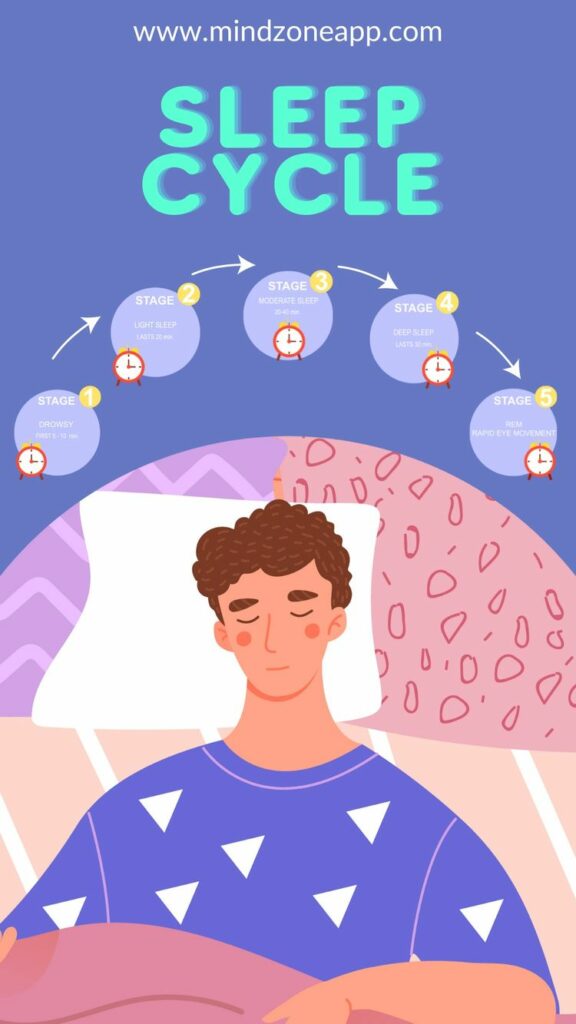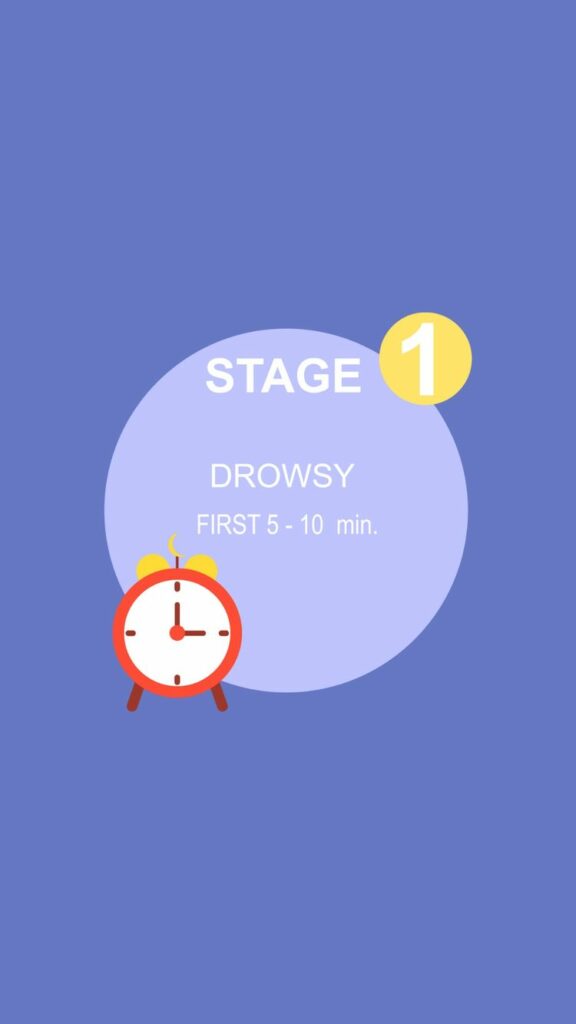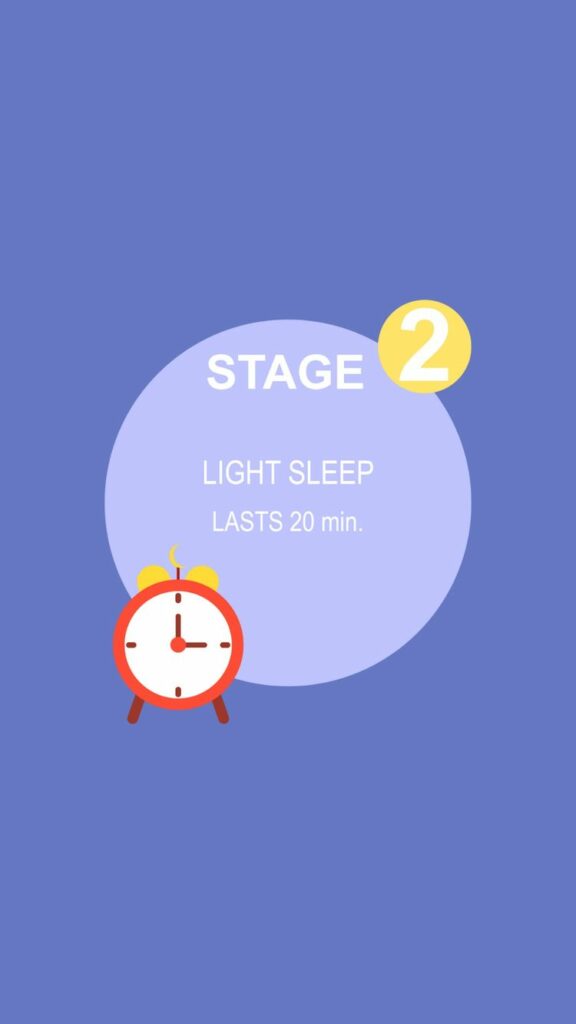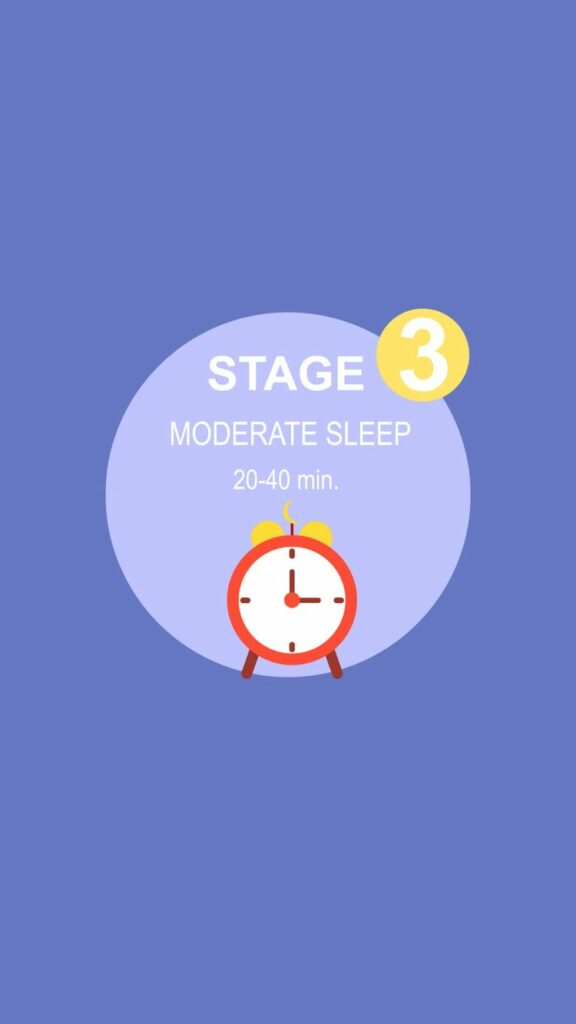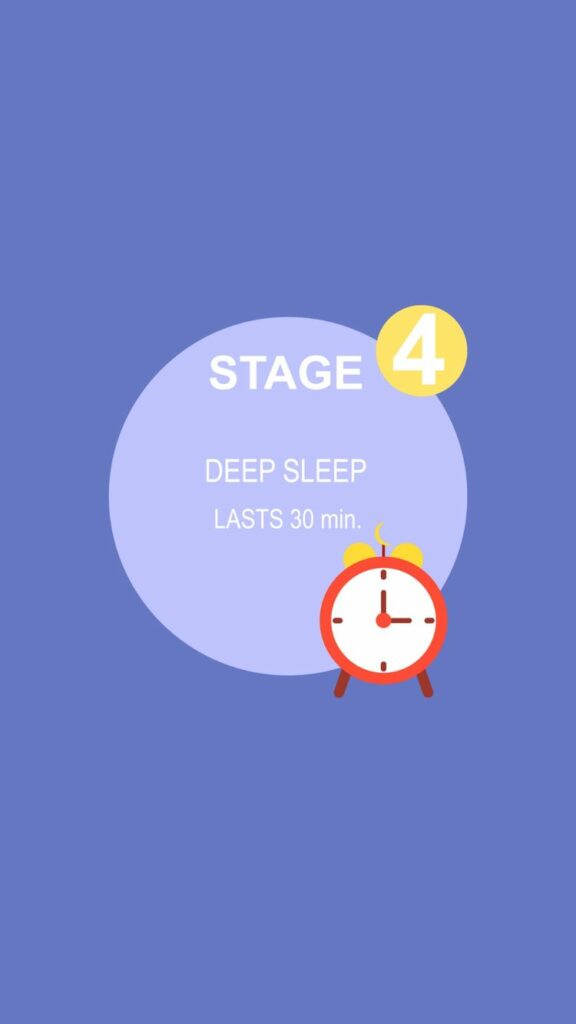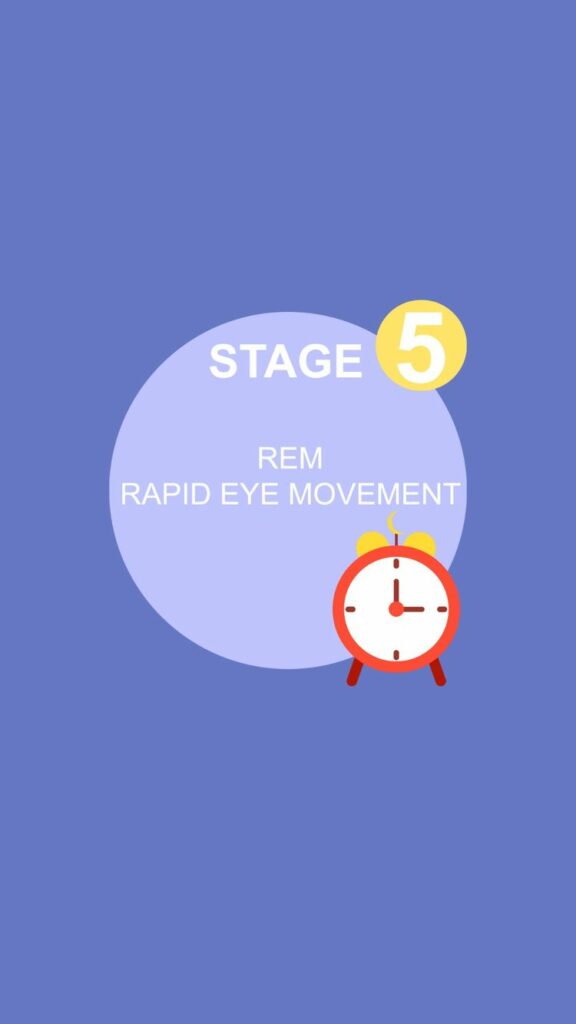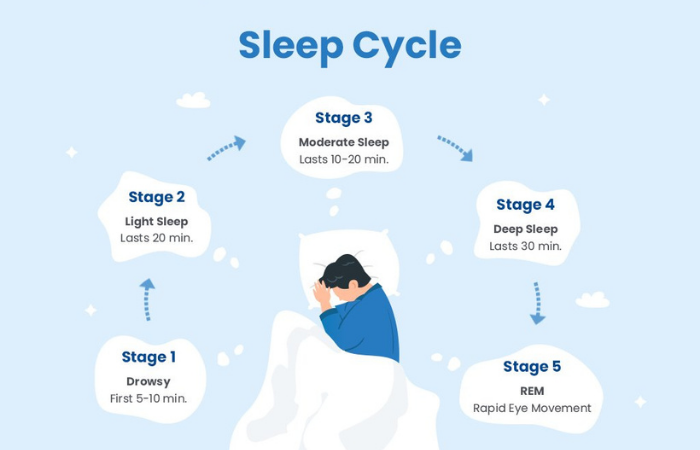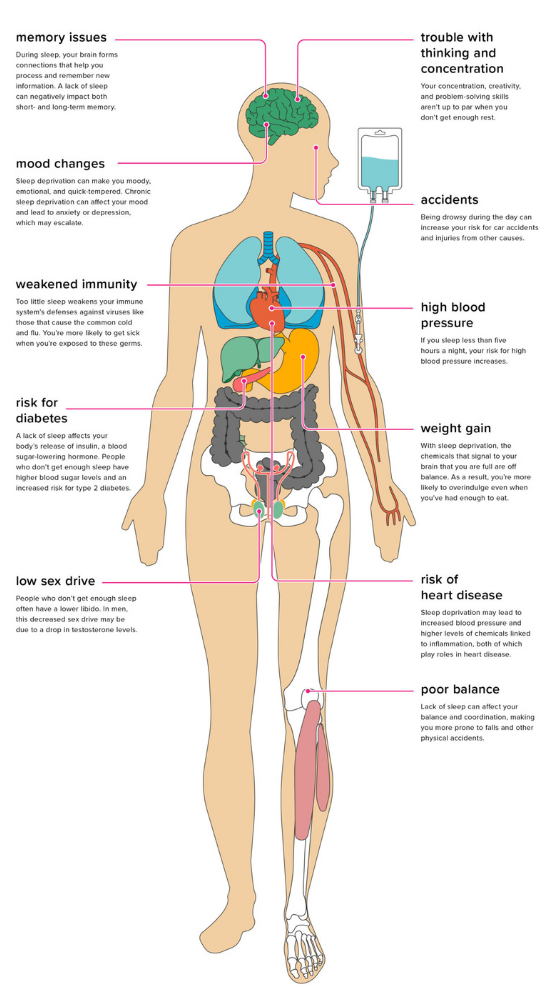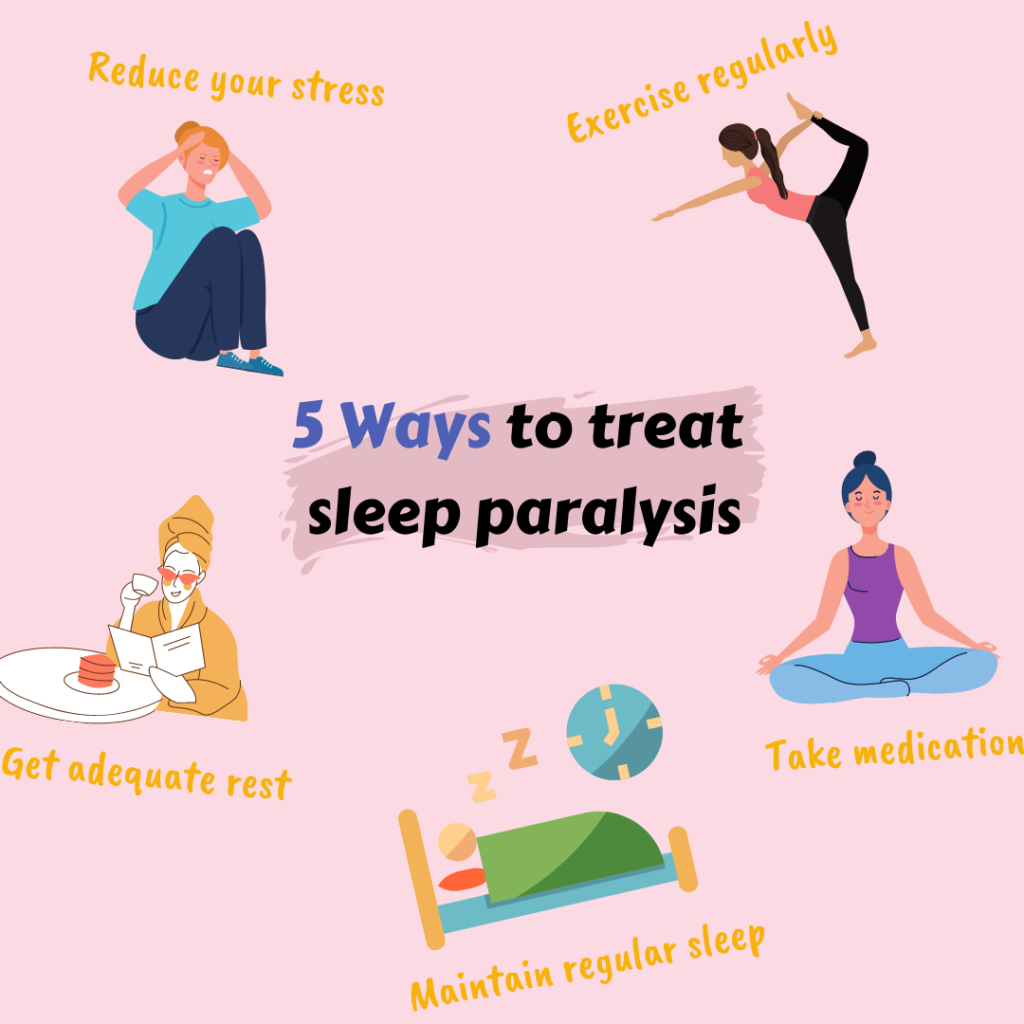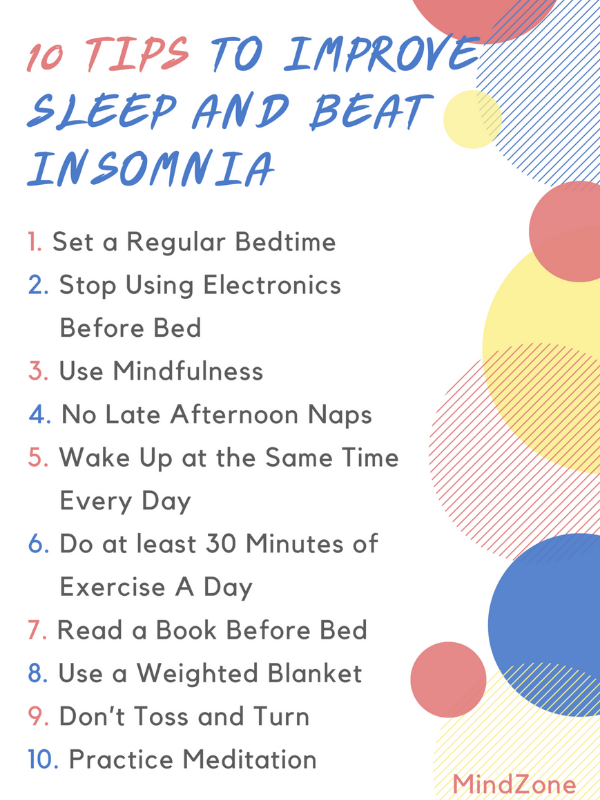Sleep is one of the important things for our body and mind. For many of us, our relationship with sleep is complicated. We might suffer from sleep problems such as sleep deprivation, and we worry about its quantity, quality, and consistency. So how can we improve sleep and fall asleep fast?

Here, we will look at the most important things we need to know about sleep:
Sleep basic information
Sleep problems
Sleep better tips
- What are bedtime stories for adults
- What are back to school sleep tips for kids
- How to prevent waking up with headaches
- How to improve your sleep quality
How we can help
Why we need sleep?
Sleep is an essential function that allows your body and mind to recharge and refresh. While asleep, our body gets the opportunity to repair and rejuvenate itself. With enough sleep, the brain functions properly, which can help impair abilities and think clearly. Otherwise, the lack of sleep can cause the risk of obesity and diabetes.
You may think nothing happens during the sleep, but part of your brain is still active when you sleep. A good night’s sleep can help you cope with stress and anxiety. With a good sleep, it can help us in many ways:
- Energy conservation: Based on the energy conservation theory, we need sleep to conserve energy. While during sleep, it allows us to reduce our caloric needs functioning at a lower metabolism.
- Emotional well-being: Brain activity increases in areas that regulate emotion during sleep, thereby supporting emotional stability. Scientific research shows sleep and mental health are intertwined, that sleep disturbances can lead to mental health issues, and vice versa.
- Brain function: During sleep your brain system can clear out wastes from the central nervous system, and allows neurons to reorganize. It removes toxic byproducts from your brain, and help erasing or forgetting unneeded information which might clutter the nervous system.
- Immunity: A healthy and strong immune system depends on sleep, and a poor sleep can inhibit the immune response and make body susceptible to germs.
How much sleep do we need?
People will differ in their sleeping times by age, and you might be interested how much sleep does an adult need. Most adults require 7 to 9 hours of nightly sleep, while children will need more sleep than adults. Work schedules, a disruptive bedroom environment, and medical conditions can prevent us from receiving enough sleep. However, a healthy diet and a positive lifestyle can help ensure adequate sleep.
However, the amount of time you sleep will change by your age. Babies, young children, and adolescents usually need more time to sleep than adults do. Also, you can use the sleep calculator to find your optimal sleeping time.
| Age Range | Daily Sleep (Hours) | |
| Newborn | < 3 months | 14-17 |
| Infant | 4-11 months | 12-15 |
| Toddler | 1-2 years | 11-14 |
| Preschool | 3-5 years | 10-13 |
| School age | 6-13 years | 9-11 |
| Teenager | 14-17 years | 8-10 |
| Senior | 18-64 years | 7-9 |
| The old | >65 years | 7-8 |
What are stages of sleep?
Once we fall asleep, our body follows a sleep cycle with five stages.
- Stage 1: This is the first stage of sleep between being awake and falling asleep
- Stage 2: You become unaware of the surrounding environment, and your body temperature will drop gradually
- Stage 3 & 4: You will reach deep sleep at this stage, and your breathing and heart rate will reach their lowest levels
- REM (rapid eye movement) sleep: As the final stage of your sleep cycle, your brain becomes most active and dream occurs. It will boost both your physical and mental performance when you wake up.
A full cycle takes roughly 90 to 110 minutes. The first three stages fall into non-REM sleep, and it is hard to wake up from this stage of sleep. Usually, we start in non-REM sleep and gradually fall into deep slumber before we transition to REM sleep, where we do most of our dreaming during the night.
What are the symptoms of sleep deprivation?
Sleep deprivation happens when the person consistently lacks sleep. Usually, less than 7 hours of sleep will lead to health consequences that affect the entire body. The long-term effects of sleep deprivation should be seriously considered, it drains your mental abilities and put your physical health at risk.
Your body need sleep to heal itself and restore its chemical balance. Without enough sleep, your brain and body system won’t function normally, and this may be caused by an underlying sleep disorder. So what are symptoms of sleep deprivation?
- Disruptive mental state: Your concentration, creativity, and problem-solving skills aren’t up to par when you don’t get enough rest.
- Bipolar mood disorder: Sleep deprivation can make you moody and quick-tempered, and gradually lead to anxiety and depression.
- Weakened immunity: The lack of sleep can weaken your immune system’s defense, and you are more likely to get sick when you are exposed to these germs.
- Weight gain: With sleep deprivation, the chemicals that signal to your brain that you are full are off balance.
- Risk for diabetes: A lack of sleep affects your body’s release of insulin, and it will lead to high blood sugar levels and increased risk for diabetes.
- Poor balance: Lack of sleep can affect your balance and coordination, making you more prone to falls and other physical accidents.
The best way to prevent sleep deprivation is to make sure you get adequate sleep, otherwise, you might need to consult a doctor to prevent getting worse.
What causes sleep paralysis?
As to understanding causes of sleep paralysis, you need to know what is sleep paralysis at first. Sleep paralysis is a sensation of being unable to move either at the onset of sleep or upon awakening, which may be accompanied by hallucinations and intense feelings of fear. Understanding what causes sleep paralysis as well as the preventive and treatment measures can well dispel people’s fears of sleep paralysis.
Sleep paralysis usually begins in adolescence and may become frequent in the 20s and 30s. As many as four out of ten people may suffer from sleep paralysis. But don’t worry too much, it’s not a serious risk.
Sleep paralysis sometimes occurs in families. But it is rare. There is no clear scientific evidence that the disease is hereditary. The main causes of sleep paralysis may include the factors as follows:
- Lack of sleep.
- Changes in sleep schedule.
- Mental conditions, such as stress or bipolar disorder.
- Sleeping on your back.
- Other sleep problems, such as narcolepsy or nocturnal leg cramps.
- Use of certain medications, such as those used to treat ADHD.
- Substance abuse.
So how do we treat sleep paralysis? Here are five ways to take concern.
However, most people don’t need treatment for sleep paralysis. If you are feeling anxious or unable to sleep, treatments for any underlying disorder such as episodic sleeping sickness may be helpful.
How to prevent waking up with headaches?
Why do I wake up with headache every morning? You might have this question many times before. Wake up with headache may occur once in a while, or may happen frequently. However, morning headaches can make you quite unpleasant without exceptions. So what are some tips to prevent waking up with headaches?
- Get enough sleep and scheduled sleep
- Sleep in a suitable environment
- Reduce touching blue-light before bedtime
- Take stress-relieving activities
- Exercise regularly
- Avoid heavy meals and stimulants
Also, if you are worry about how to wake up easier and earlier, click here to know more.
What causes insomnia?
Insomnia, as a health problem with complex pathogenesis, can be triggered by specific stressful events, altered sleep patterns, altered biological clocks, etc. Symptoms of insomnia may include difficulty in falling asleep, daytime fatigue and being moody during the day.
The administration of related medications is currently one of the most prominent means of treating insomnia. However, pharmacotherapy can lead to drug dependence and tolerance. Side effects often include residual daytime sleepiness and memory impairment.
Advances in sleep medicine have led researchers to focus on non-pharmacological interventions to treat insomnia in addition to drug development.
Meditation, as a form of cognitive-behavioral therapy, is effective in improving sleep efficiency and beat insomnia. It can also promote deep sleep, reducing the time to fall asleep, and has more lasting benefits than medications.
What are bedtime stories for adults?
Reading or listening to sleep stories before bed is a great way to reduce stress and relax your mind. While it is easy to find bedtime stories for kids, but not a lot for adults. Most people would spend few minutes scrolling through social media websites such as Facebook, but it’s hard to sleep later then. The only way for you to unwind is to find something to calm your mind. so what are some bedtime stories for adults that you can take a look ?
- Calm sleep stories
- Sleep whispers
- Miette’s bedtime story podcast
- Sleep with me
- ASMR sleep station
What are back to school sleep tips for kids?
How can parents help their children get back tp school on a sleep schedule after a holiday breaks? The secret lies in having a healthy sleep hygiene year-round. Usually children will look to their parents for guidance of sleeping habits, and a regular sleep schedule can contribute to children’s academic achievements and overall well-being.
Usually how much sleep does a teen need? The amount of sleep varies depending on your children’s age, and you can back to the previous section to check the sleep calculator.
So back to school sleep hygiene tips include:
- Exercise regularly: doing exercise can promote sleep and reduce stress to some extent, but remember not doing too much before bed, otherwise this might prevent you from falling asleep.
- Turn off all electronic devices before bed: too much explosion to blue light before bedtime will affect your children’s sleep quality, so make sure to turn off all TVs, computers, cell phones and other electronic devices.
- Have a proper sleeping environment: be aware to adjust the right room temperature, eliminate distracted noises or smells, and use the bed only for sleep.
- Limit napping during the day: make sure to control the nap time which not interfere with sleep at night, try to keep the nap time less than 30 minuets long.
- Avoid stimulants: try to avoid stimulants such as caffeine, tea and energy drinks at night, or you will be hard to get to sleep.
How to improve your sleep quality?
In terms of making lasting changes to sleep issues like insomnia, disrupted sleep, or other issues, sleep experts often make recommendations related to “sleep hygiene,” part of which is your nighttime routine.
Here are 10 tips to improve your sleep quality you might be interested:
What can MindZone help?
Our mission is aim to provide you peace and happiness through mindfulness. With meditation, you will be inspired with a broader vision and deep self-resilience.
MindZone offers a spiritual refresh for all who seek freedom of mind and heart. These practices help improve your awareness and help you fall asleep fast, giving rise to greater peace and happiness in the world.
We provide various relaxing sleep music and white noise options, for you can mix and match nature sounds by yourself. A series of mindfulness courses to help your relaxation, self-improvement, and sleep quality. Don’t wait to join us!
A pleasant sleep is key to get refreshed and maintain energy and health. Sleep quality does not solely depend on the number of hours but is determined by different stages of sleep.
Here is the infographic of the five phases of sleep. We hope it helps you have a basic understanding of what happens when we sleep and know how REM and Non-REM sleep affect our mind and body.
